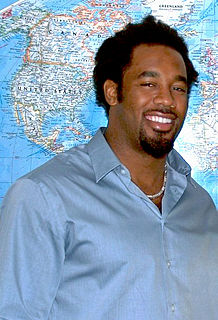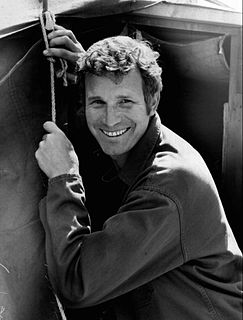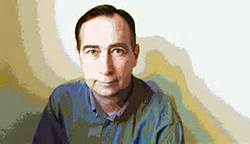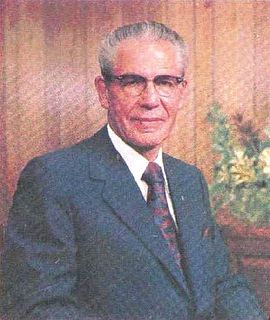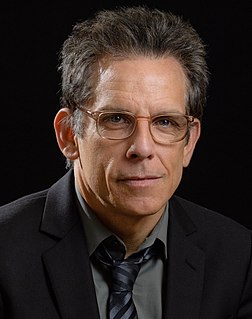A Quote by Michelle Bachelet
Having been a head of state gives you the possibility of getting into places others can't go.
Related Quotes
If war stems from unmet needs related to male adolescent ritual, that's something that we need to examine. I'm interested in the possibility of simply getting rid of war. I'd be no more willing to let go of that than to let go of the possibility of eradicating cancer. That's not to say I'm certain we can, but I am willing to use any energy at all in the quest.
Presenting both sides of Christianity gives the skeptic room to breathe - and to consider the possibility that there's room in Christianity for diversity in interpreting the Bible. And it gives the traditionalist pause to think again - and to consider the possibility that she might need to tweak her hermeneutic.
People who live in states have as a rule never experienced the state of nature and vice-versa, and have no practical possibility of moving from the one to the other ... On what grounds, then, do people form hypotheses about the relative merits of state and state of nature? ... My contention here is that preferences for political arrangements of society are to a large extent produced by these very arrangements, so that political institutions are either addictive like some drugs, or allergy-inducing like some others, or both, for they may be one thing for some people and the other for others.
When the [US] president writes to Kim Jong Il, the son, the Dear Leader, he doesn't call him Dear Mr President, he calls him Dear Mr Secretary. Have you ever noticed that? Why is that? Because he's not the president of North Korea, he's the head of the Communist Party, the North Korean Workers' Party and he's the head of the Army. He's not head of the state. The head of the state is his father, who's been dead for 15 years.
My favorite parts are definitely the traveling. Getting to see all the places that we've been is really amazing to me, [as well as] getting to meet all the people that we wouldn't normally meet. It's really awesome, because we really get to know their culture and see what it's like in other places in the world.
The most difficult thing for us seems to be to give of ourselves, to do away with selfishness. If we really love someone, nothing is too difficult for us to do for that individual. There is no real happiness in having or getting unless we are doing it for the purpose of giving it to others. Half the world seems to be following the wrong scent in the pursuit of happiness-many think it consists of having and getting and being served, when really happiness is found in serving others.


